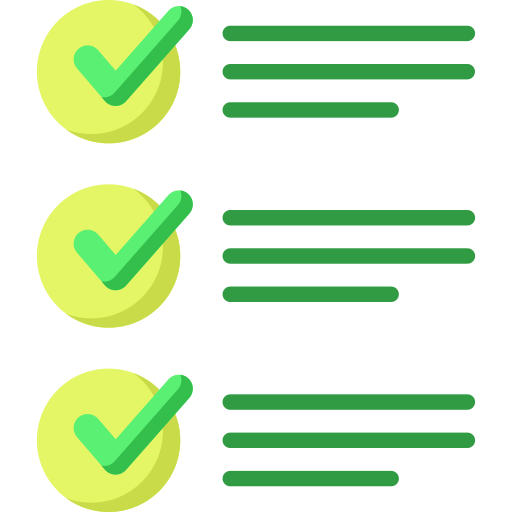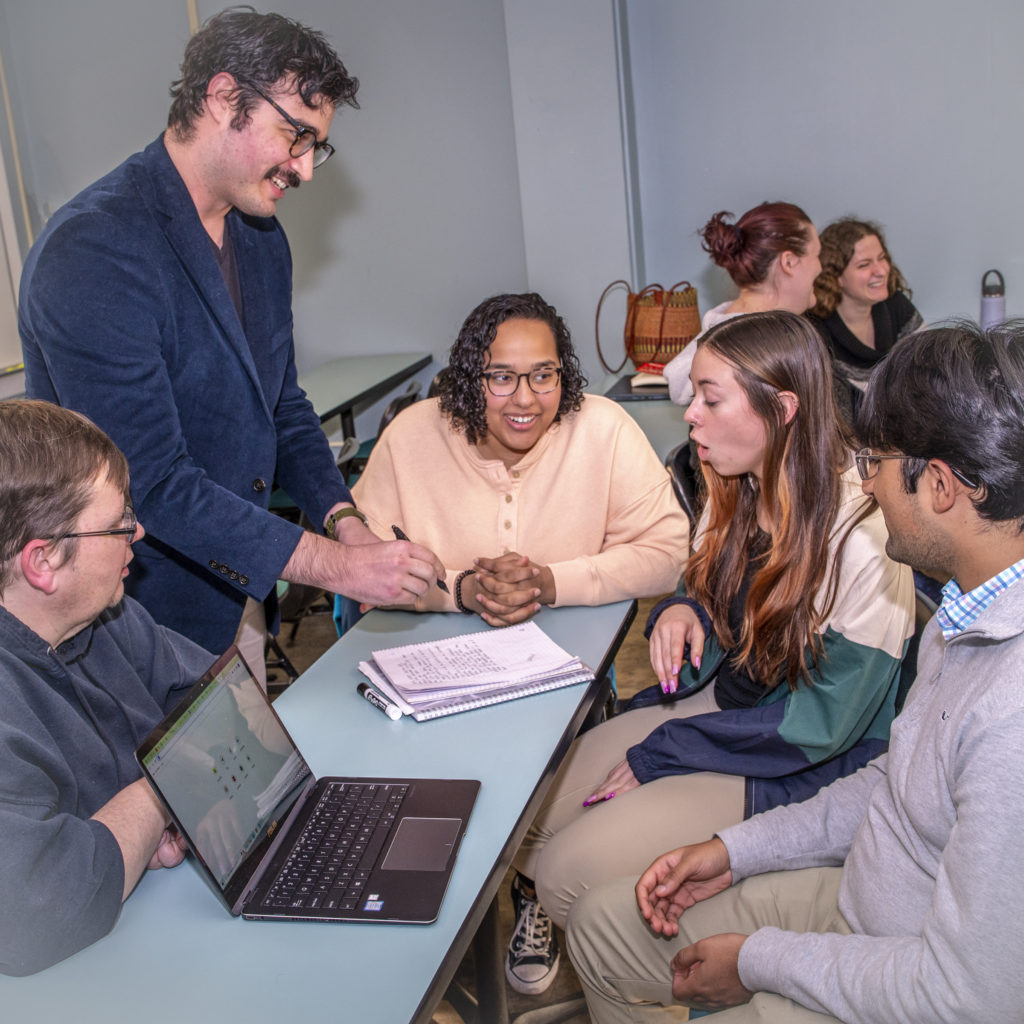Becoming a Therapist Later in Life – A Guide to Starting a New Career in Counseling
Starting a new career can be daunting, especially later in life or after you make significant investments in another profession. Still, people start new careers all the time for many reasons. And a Harvard Business Review article cites a survey of people who attempted a career change after age 45 and found that 87% “were […]
















